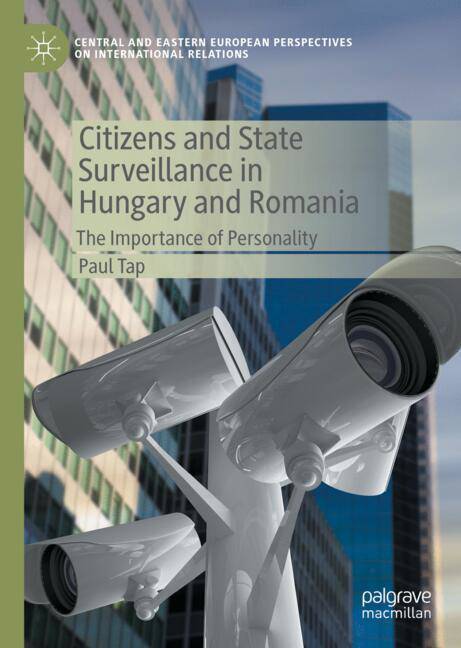
- Afhalen na 1 uur in een winkel met voorraad
- Gratis thuislevering in België vanaf € 30
- Ruim aanbod met 7 miljoen producten
- Afhalen na 1 uur in een winkel met voorraad
- Gratis thuislevering in België vanaf € 30
- Ruim aanbod met 7 miljoen producten
Omschrijving
This book explores the impact of personality traits on people's acceptance of state surveillance used for national security purposes. So far, state surveillance has been analysed in relation to institutional factors, technological infrastructures or specific contexts. This book shifts the focus from institutional and systemic characteristics to individual traits. It shows the extent to which people's personality traits explain the acceptance of state surveillance. The book provides a comparative analysis of Hungary and Romania to outline the differences between two former communist countries. The key results illustrate that highly conscientious people, those who are active in their communities, and the well-informed persons accept state surveillance more.
Specificaties
Betrokkenen
- Auteur(s):
- Uitgeverij:
Inhoud
- Aantal bladzijden:
- 208
- Taal:
- Engels
- Reeks:
Eigenschappen
- Productcode (EAN):
- 9783031849428
- Verschijningsdatum:
- 1/05/2025
- Uitvoering:
- Hardcover
- Formaat:
- Genaaid
- Afmetingen:
- 148 mm x 210 mm
- Gewicht:
- 417 g

Alleen bij Standaard Boekhandel
Beoordelingen
We publiceren alleen reviews die voldoen aan de voorwaarden voor reviews. Bekijk onze voorwaarden voor reviews.









